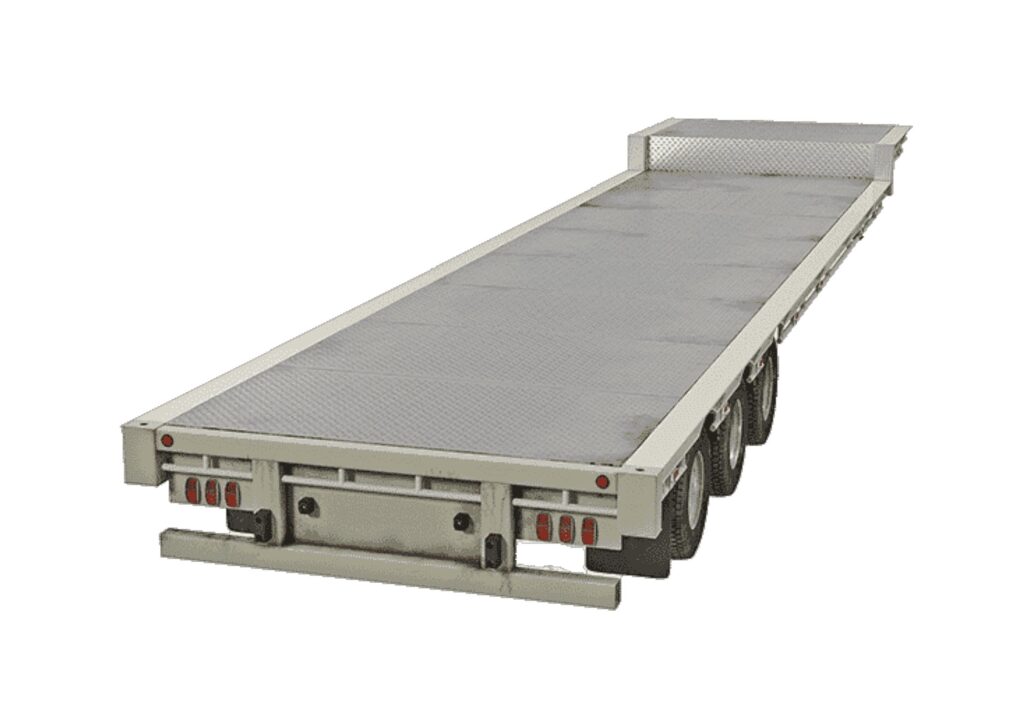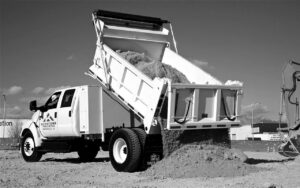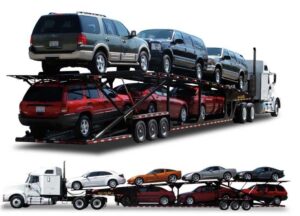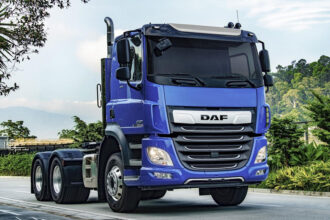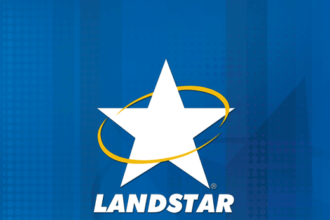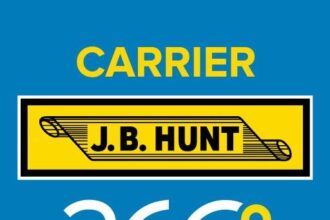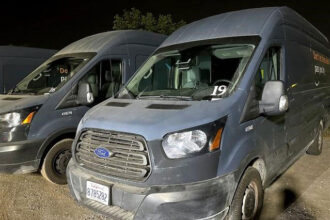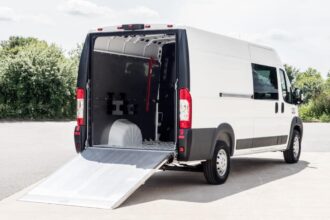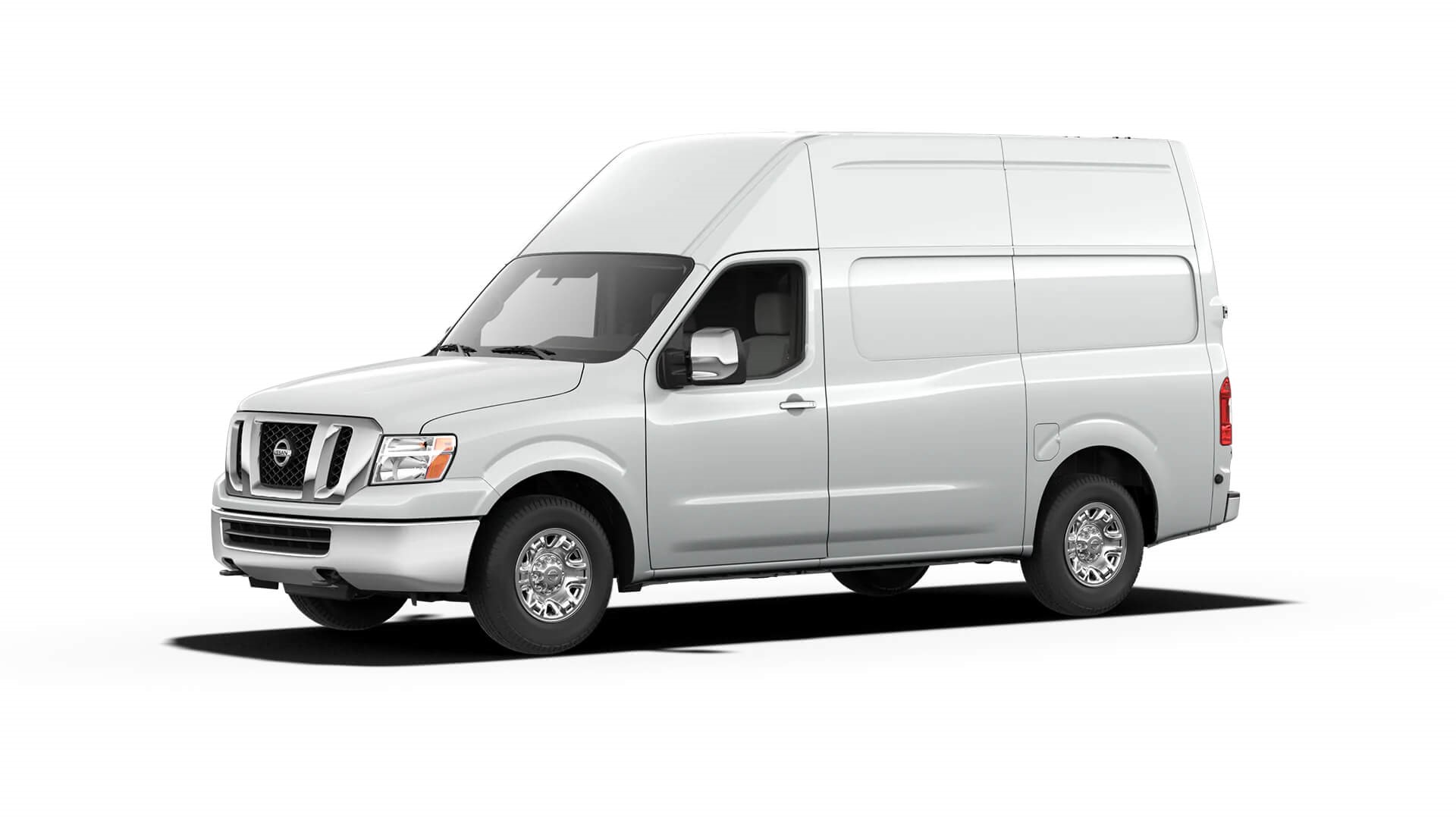Table of Contents
Welcome to the world of flatbed trailer business, where precision, strength, and meticulous planning converge to transport everything from colossal machinery to vital construction materials. In this industry, success is measured in tons securely strapped down and delivered safely to their destinations.
In your exploration today, delve into an impeccable checklist, the very blueprint that separates the champions of the flatbed trailer business from the rest. This checklist is your compass through a landscape of regulations, safety protocols, financial strategies, and the keys to unlocking your business’s full potential.
So, buckle up and prepare to embark on a journey where every detail matters, where the right preparation can make the difference between a load delivered and a load lost. You’re about to uncover the secrets to mastering the art of the flatbed trailer business, where precision meets profit, and impeccable execution is the name of the game.
- Business plan
- Equipment and maintenance
- Legal and regulatory compliance
- Insurance
- Driver recruitment and training
- Client acquisition and contracts
- Financial management
Overview of flatbed trailer business checklist
How to choose flatbed trailer business checklist
Pros & cons of flatbed trailer business checklist
What to watch out for
Pro tips
Recap
1. Business plan
A business plan guides strategy, financial decisions, and growth, ensuring a solid foundation for your flatbed trailer business’s success.
- Provides a comprehensive vision of your business, covering not just the operational aspects buts also all other aspects for long term goals
- Serves as strategic guide, helping you stay on course by outlining your business objectives
- Sets clear and measurable goals, allowing you to track progress and make informed decisions
- Can be time consuming, diverting your attention from day-to-day operations
- Can focus too much on theory and not enough on practical
- Identify your business mission, vision and core values
- Provide a detailed overview of your flatbed trailer business, including history, location, and legal structure
- Identify your unique selling points and strategies to gain a competitive edge
- Specify your flatbed trailer fleet, including trailer types, capacities and maintenance schedules
- Identify potential risks and challenges in the industry
2. Equipment and maintenance
Equipment and maintenance checklists ensure safe, efficient, and reliable operations, safeguarding your flatbed trailer business’s reputation and profitability.
- Ensures that trailers and equipment receive scheduled inspections and repairs, reducing the risk of breakdowns during transit
- Extends the lifespan of your trailer and equipment, increasing their resale value
- Increases confidence in the reliability of the equipment, contributing to job satisfaction and retention
- Can be expensive, especially if unexpected repairs are necessary
- May require dedicated staff or outsourcing, which can strain resources
- Specify the types of flatbed trailers you own or operate, such as standard flatbeds, lowboys, step decks or specialized trailers for unique cargo
- Consider the material and construction quality of trailers (e.g., steel, aluminum).
- Verify the payload capacity of trailers.
- Ensure sufficient load securement points (tie-downs, winches).
- Determine the type of suspension system (e.g., spring, air ride).
- Check the braking system and ensure it complies with regulations.
- Consider additional accessories like toolboxes or side extensions.
- Set up a maintenance schedule for trailers and equipment.
- Conduct regular pre-trip and post-trip inspections.
3. Legal and regulatory compliance
Equipment and maintenance checklists ensure safe, efficient, and reliable operations, safeguarding your flatbed trailer business’s reputation and profitability.
- Help ensure your business operates within the bounds of the law, reducing risk of fines, penalties or legal disputes
- Boosts your company’s reputation, potentially attracting more clients
- Can lead to lower insurance premiums as insurers often reward businesses with strong safety and compliance records
- Can be complex
- May require additional resources
- May necessitate frequent updates on your processes
- Ensure all required permits, licenses, and registrations are obtained and up to date at the federal, state and local levels
- Verify that all drivers hold the appropriate commercial driver’s licenses and endorsements
- Implement a system of tracking driver hours to ensure compliance with HOS regulations
- Consult with legal counsel specializing in transportation law to stay informed about changes
4. Insurance
Insurance checklists protect your flatbed trailer business from financial risks and liabilities, providing peace of mind and financial security.
- Provides protection against various risks, including accidents, cargo damage and liability claims
- Offers peace of mind to both you and your clients
- Reflects responsibility and professionalism
- Can be complex requiring research and consultation
- Can be a significant operational expense
- Ensure that you have appropriate liability insurance coverage to protect against bodily injury or property damage claims
- Ensure you have cargo insurance that covers the value of the goods you transport
- Review the deductibles and policy limits of your insurance coverage to ensure it aligns with your risk tolerance and financial capacity
- Ensure that your insurance policies meet legal requirements at the federal, state and local levels
5. Driver recruitment and training
Driver recruitment and training checklists ensure skilled, safe drivers, enhancing your flatbed trailer business’s reputation, performance, and compliance.
- Ensures that your drivers understand safety protocols, reducing the risk of accidents and cargo damage
- Ensures compliance with regulatory requirements, helping you avoid fines and penalties
- Enhances driver skills, improving overall performance and efficiency
- Boost driver job satisfaction, potentially reducing turnover rates
- Can be costly, both in terms of time and financial resources
- Can make recruitment and retention challenging due to high demand for skilled drivers
- Create clear and detailed job descriptions for driver positions, outlining responsibilities, qualification and expectation
- Implement comprehensive safety training programs
- Familiarize drivers with specific types of flatbed trailers and equipment you use
6. Client acquisition and contracts
Client acquisition and contract checklists help secure clients, steady income, and sustainable growth, solidifying your flatbed trailer business’s position in the industry.
- Increases revenue and profitability
- Provides a consistent workflow, reducing downtime and financial instability
- Reduces independence on a single source of revenue
- May entail specific obligations and terms that can limit flexibility in your operation
- Can be legally complex, requiring careful review and compliance to avoid disputes
- Define your ideal client based on factors like cargo types, location, volume and frequency of shipments
- Build a strong professional network within the transportation and logistics industry to gain referrals and access potential clients
- Analyze your competitors to identify strengths and weaknesses in their client’s acquisition strategies and tailor your approach according
- Establish a negotiation process for contract terms and pricing, considering both parties’ needs and expectations
7. Financial management
Financial management checklists ensure fiscal health, profitability, and stability for your flatbed trailer business’s long-term success.
- Helps maintain stable cashflow and ensures that your business can meet its financial obligations such as payroll and operating expenses
- Enables you to create budgets, set financial goals and develop strategic plans for growth
- Helps ensure compliance with tax laws, financial reporting requirements and other financial regulations
- Can be complex, particularly if you have a large fleet
- Requires making decisions, which can be challenging under pressure
- Categorize and track expenses, including fuel, maintenance, insurance, payroll, equipment upgrades, permits and administrative costs
- Analyze budget to actual variances to identify areas where expense are higher than anticipated and implement cost-cutting measures
- Maintain organized financial records, including receipts, invoices and financial statements to facilitate tax preparation
Overview of flatbed trailer business checklist
Running a successful flatbed trailer business demands meticulous planning and execution. The checklist spans crucial aspects of your enterprise, commencing with meticulous business planning, registration, and budgeting. Acquiring and maintaining the right equipment, focusing on durability and safety, is vital. Insurance coverage, risk management protocols, and a focus on driver recruitment and retention are paramount for secure operations.
How to choose flatbed trailer business checklist
Identify Your Business Goals
Determine your specific objectives, such as growth targets, market niche, or service expansion. Your checklist will align with these goals.
Research Industry Best Practices
Study successful flatbed trailer businesses to understand their key practices and challenges. This research will help inform your checklist.
Break Down Business Operations
Divide your business operations into categories, such as equipment, safety, legal compliance, and financial management. Each category will become a section in your checklist.
List Key Considerations Within Each Category
Under each category, identify the critical aspects to address. For example, under “Equipment,” you might list trailer types, maintenance, and load securement.
Prioritize Checklist Items
Arrange checklist items in order of importance or chronology. Start with foundational tasks and progress to more complex or long-term strategies.
Consult Industry Experts
Seek advice from industry experts, mentors, or experienced flatbed trailer business owners. They can offer insights and help refine your checklist.
Consider Regulatory Requirements
Ensure your checklist includes compliance with local, state, and federal regulations relevant to your business.
Include Safety Protocols
Safety should be a prominent section in your checklist, covering driver training, load securement, and accident response.
Budget Considerations
Allocate resources and budget for checklist items, especially those requiring financial investments.
Timelines and Deadlines
Attach timelines or deadlines to checklist items to ensure timely execution. This helps with accountability.
Track Progress
Use project management tools or software to track the completion of checklist items and monitor overall progress.
Continuous Improvement
Encourage feedback from your team and incorporate improvements into the checklist to enhance efficiency and effectiveness.
Pros & cons of flatbed trailer business checklist
Pros
- Provides a structured way to organize and manage various aspects of your flatbed business
- Streamline operation by providing a clear sequence of tasks and reducing the likelihood of errors or omissions
- Promotes consistency in the processes and procedures, leading to higher quality and safety standards
Cons
- Can lead to inflexibility and may hinder creativity or adaptability in certain situation
- May become outdated, leading to complacency or ineffective processes
- May not cover every scenario or issue, leaving potential gaps in your business operation
What to watch out for
Regulatory Changes
Stay updated on transportation regulations and compliance requirements at local, state, and federal levels. Changes in regulations can impact your operations and may require adjustments.
Safety Violations
Regularly monitor driver behavior and cargo securement to prevent safety violations. Address any safety issues promptly to avoid fines or accidents.
Maintenance Neglect
Keep a close eye on the maintenance of your trailers and equipment. Neglecting maintenance can lead to breakdowns, delays, and increased repair costs.
Driver Turnover
Driver shortages and high turnover rates are common challenges in the industry. Watch for signs of dissatisfaction among your drivers and implement retention strategies.
Market Conditions
Keep an eye on market trends and fluctuations in demand for your services. Be prepared to adapt your business strategies accordingly.
Competition
Stay informed about your competitors’ pricing, services, and customer relationships. Differentiate your business to remain competitive.
Financial Health
Regularly review your financial statements to track income, expenses, and cash flow. Watch for signs of financial stress and address them proactively.
Customer Relationships
Maintain strong relationships with your clients to secure repeat business and referrals. Address any customer concerns or issues promptly.
Technology Advancements
Keep up with advancements in transportation technology, such as route optimization software and GPS systems, to stay competitive and efficient.
Legal Issues
Consult with legal counsel to address any legal matters promptly, such as accidents, contractual disputes, or regulatory violations.
Pro Tips
- Prioritize safety above all
- Effective maintenance routine
- Optimize route planning
- Invest in technology
- Diversify services
- Maintain strong client relationship
Recap
Flatbed trailer business checklists are essential blueprints for success in this industry. Covering diverse aspects, they promote organization, safety, and efficiency. From regulatory compliance to equipment maintenance, safety protocols, and client relationships, these checklists ensure nothing is overlooked.
By nurturing a strong safety culture, embracing technology, and staying informed, flatbed trailer businesses can navigate challenges and seize opportunities while maintaining a competitive edge in this vital sector.


